
All episodes were provided prior to the premiere.
If you aren’t a fan of Judd Apatow’s predilection for lengthy, amorphous rom coms, well, you probably didn’t make it through the first five minutes of Love, much less all ten episodes of the show’s flawed-yet-winning first season. Full of low-key charm and awkward, stuck-in-a-rut thirty-somethings, Love was (and is) Apatowian to its bones. For season 2 of the show, that’s a good thing far more often than it’s a bad one.
The obvious hangups still apply in a season that doesn’t do much to change the structure of the ongoing courtship between achingly dorky, Blockbuster card-carrying Gus (Paul Rust) and surly relationship/love/sex/alcohol/nearly everything addict Mickey (Gillian Jacobs). Their epic romance (actually, it’s been like three weeks since the beginning of season 1) is realistically unfolding and the lead performances tackle the task of effusing charm while also being scream-into-a-pillow frustrating, but its insight into relationships is played out and – like season 1 – the story feels annoyingly cyclical.
That’s the kind of frustration you have to take with a show like Love. It’s realistic to a fault (who doesn’t fight? Who doesn’t make up?), but when the show slightly fails is when it isn’t being poignant and perceptive about the problems of its central duo. And the problems pick up right where things left off last year, with Mickey confronting Gus in a gas station parking lot, letting most of her feelings and anxieties go while admitting that, maybe, their turbulent first few weeks together weren’t the best and it’s because of her need for romance and relationships, less she feel worthless and alone.
She’s facing that fear head-on in season 2, determined to spend a year on her own to really find herself without being attached to anyone else. Gus, meanwhile, is facing growing hostility at the TV lot where he works thanks to his slight meltdown in the writers’ room at the end of last season. He appreciates the line drawn by Mickey, and agrees to at least be friends in the meantime, a notion that eventually, somehow out-awkwards the whole of season 1.
As a relationship metaphor, season 1 is that uncomfortable, tricky transition from being friends with benefits to being maybe, potentially something more. In terms of sheer, guttural angst, Love nails it. The show revels in its characters’ uncertainties with glee, unafraid to show them at their worst, even when it’s hard to believe we haven’t already seen that. On the flip side, it’s repeatedly sweet in a genuine way, capturing the meaningless milestones of falling for someone in the moment, for the important and unforgettable memories they become later. Both angles on its characters have moments of genuine humor, but Love‘s penchant for mean-spirited, cringe-inducing gags somewhat dilute the show’s larger impact. It also lacks the sharper edge and chameleon duality of something like You’re The Worst.

Gus and Mickey are classic opposites, but Rust and Jacobs (particularly, enthusiastically Jacobs) make all of Love feel electric. Aesthetically, Rust is perfectly cast in the total doormat role. All lanky appendages and filled with endless knowledge of the Friends continuity, Rust simultaneously makes it easy to understand why everyone dismisses Gus while also making him hard to dismiss. He’s jealous of others around him and exasperated with the course his life hasn’t taken, while also self-aware enough to know that he could be doing more with the course he’s already on. It’s not an entirely new angle on thirties anxiety, but it at least never feels unearned. When he can’t stop thinking about Mickey, it’s easy to see why two such broken-down people would fall for one another.
Jacobs is where Love continues to shine the most. As a character, Mickey is endearing and nearly indecipherable, bringing the show’s most addictive qualities to the surface in a sheer I have no idea what she’s going to do next sort of way, mostly making up for any of the sluggish, depressing side plots dealing with a new fling between jobless coaster Randy (Mike Mitchell) and capital-A Australian Bertie (Claudia O’Doherty). Jacobs gives Mickey a shield of humor and sarcasm but almost never moves off of Mickey’s baseline despondency – as a character, she’s a pessimistic, self-destructive shit show, but season 2 sees her yearning for something more, something different, and maybe something better. She just has to get out of her own way to achieve it, and watching Mickey struggle to emerge from the murk of her own fear is the best part of Love, right through to the season’s cathartic ending.
What keeps Love from being something special is also, paradoxically, what makes it feel special: it’s ordinary. The show’s ultimate commentary on life, friendships, relationships, break-ups, hook-ups, and love itself is one that never feels revelatory or original, like Mickey’s own personal quest does. It’s the usual array of new age sitcom knowledge: hooking up with an ex is a bad idea, break-ups are messy, parents suck, long distance is hard, etc. Love overcomes that problem when it’s churning out cute scenes between Gus and Mickey or when it takes some unexpected, insightful turns late in the season, but it too often feels like its ideas are flying at half mast, like it’s truly afraid to commit to greatness. Greatness that, in my opinion, is entirely within the show’s grasp.
That’d be an appropriate meta design to the show as a whole, but as with everything you love it’s impossible to not be aware of something’s faults, and Love‘s most disappointing season 2 discovery is that it isn’t treating season 1’s pitfalls as faults, it’s treating them as features. You either love Love for its haphazard, sweeping dive into the cadence of modern romance, or you don’t. Nothing much is ever going to change about the show’s deepest, darkest imperfections – Gus and Mickey are proof of that resistance to change – they’re just something you get used to over time. But, like anyone who’s been in love will claim, in the end it’s worth having stuck around.


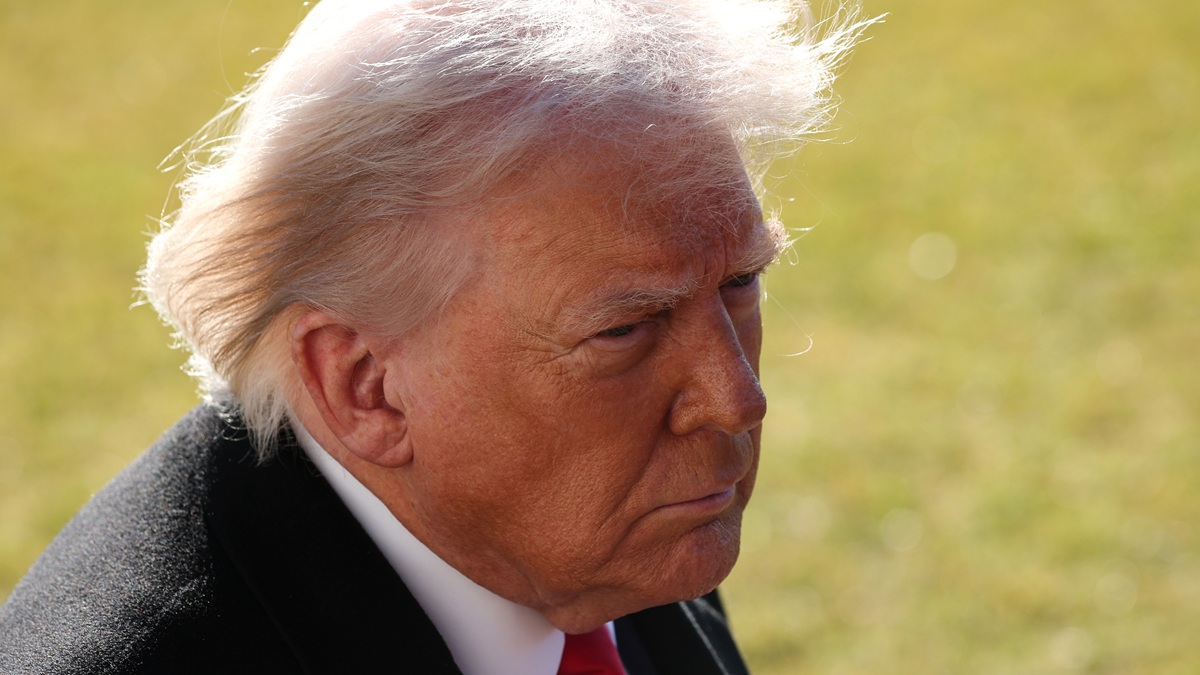
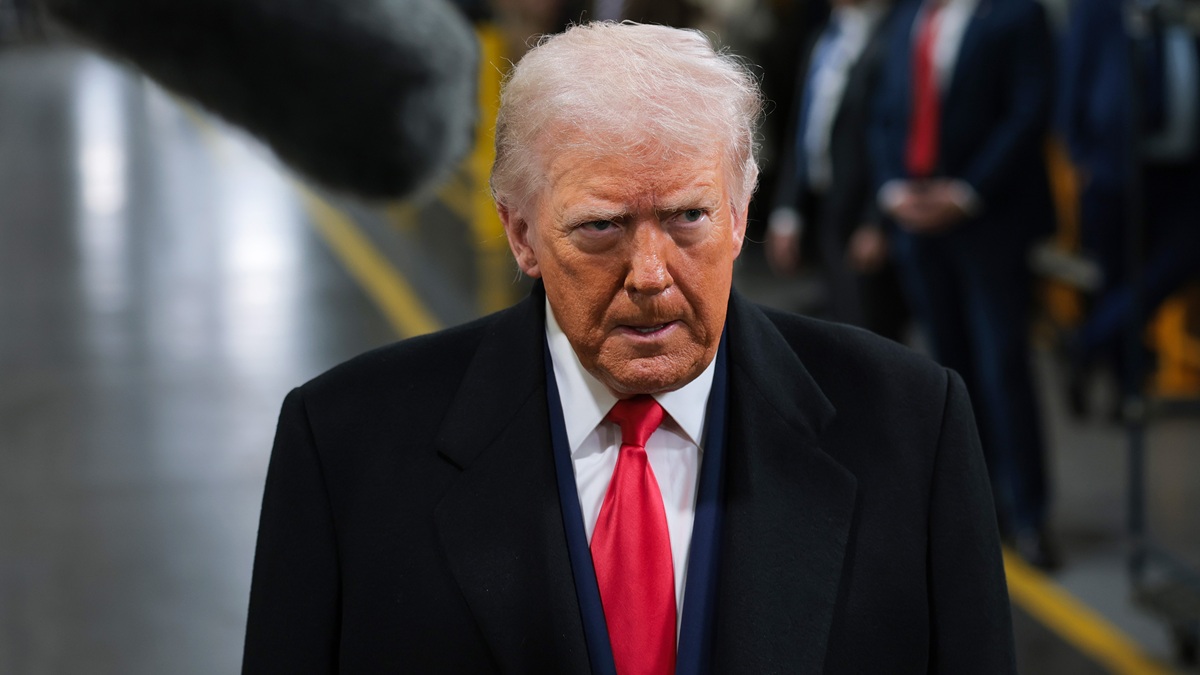

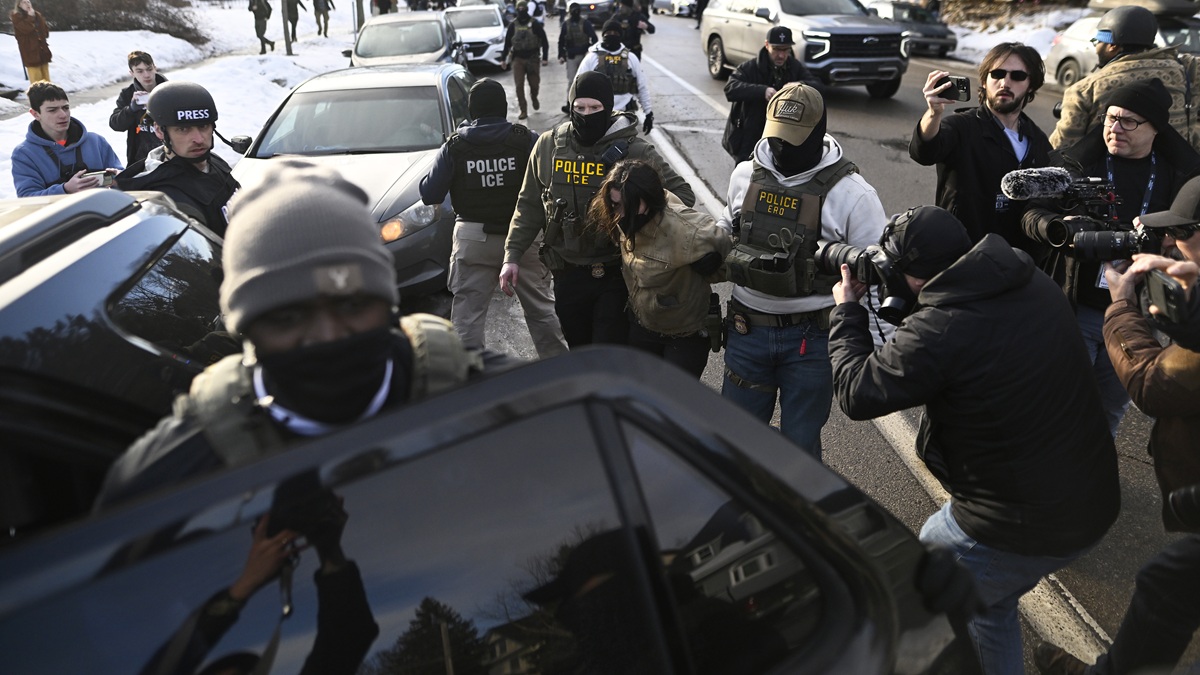
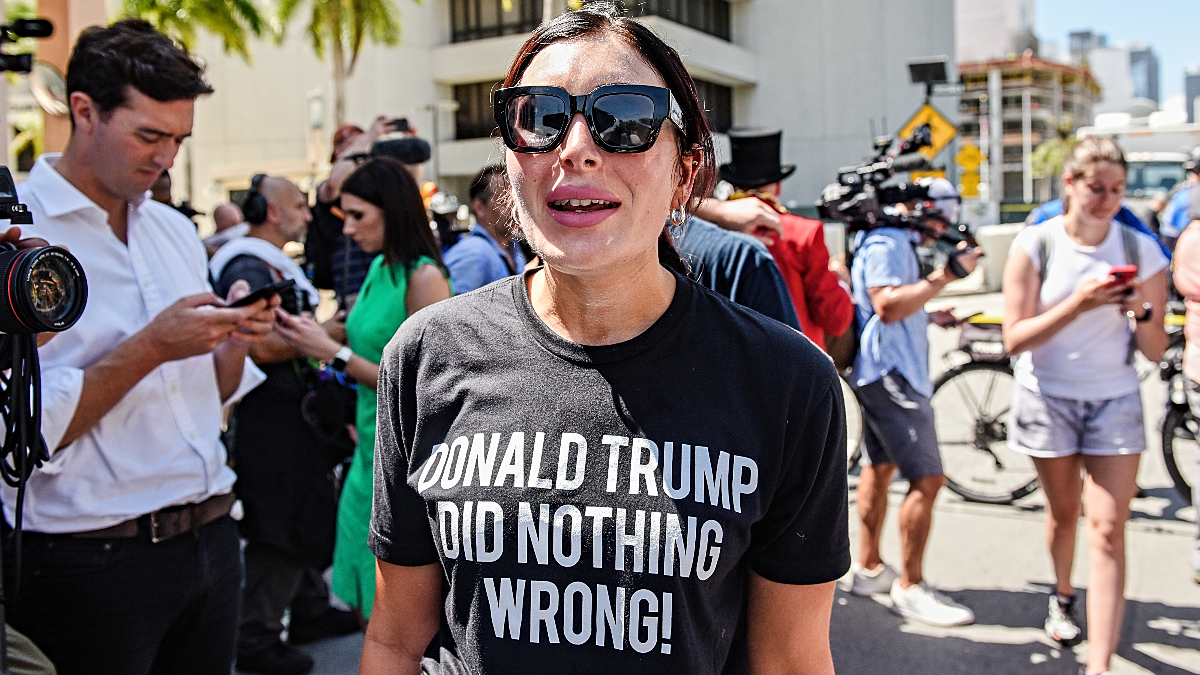
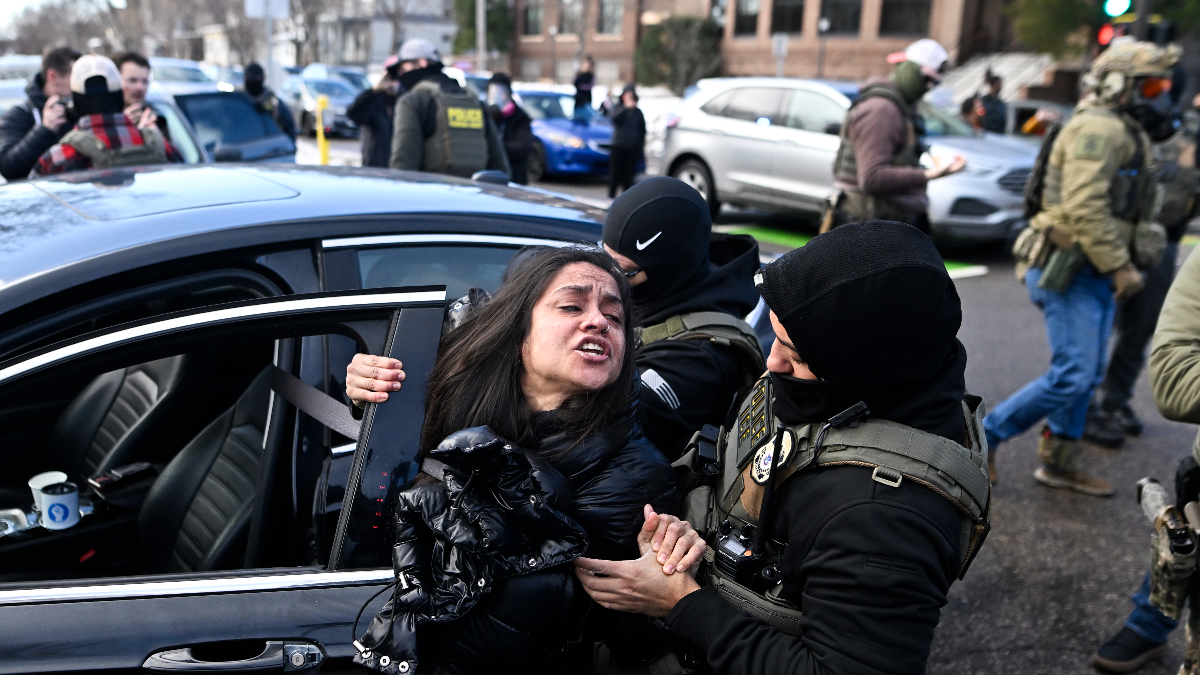
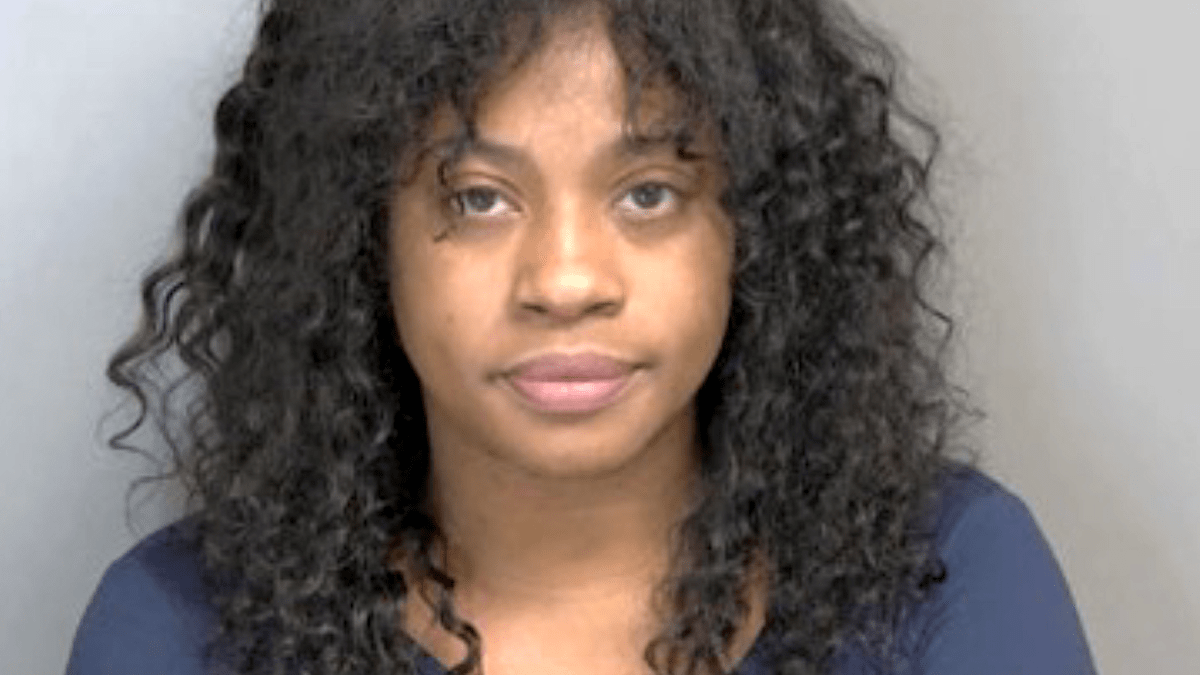
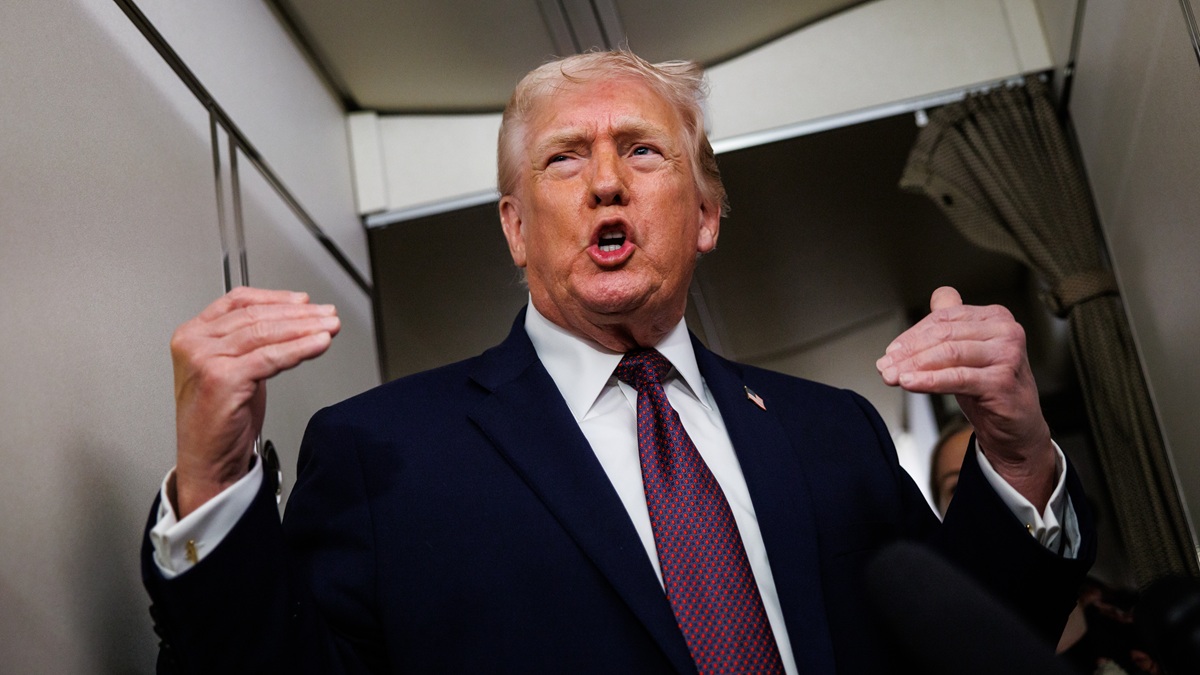
Published: Mar 8, 2017 06:13 pm